Sleep apnea isn't directly mortal; however, several other contributing factors could make it fatal. Have a look at some of these factors to help you decide whether you need to see a doctor.
Most people have phobias that keep them awake at night. What if I could tell you that you may have one that you're not aware of. Sleep apnea. It's not even really a phobia, but a possibility with a very high chance of happening every time you go to bed? However, all this can be avoided if you have access to the right information to help you take preventative measures. But first, what is sleep apnea?
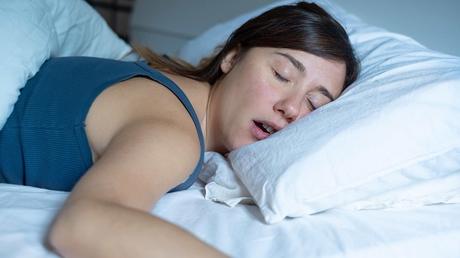
Sleep apnea is a sleeping disorder characterized by breathing difficulties, especially when you are asleep, where your breathing repeatedly stops and starts. Some of the significant signs that indicate the condition is;
- Snoring
- waking up tired
- waking up with a dry palate
- morning headaches
- insomnia
- irritability
There are three types of sleep apnea:
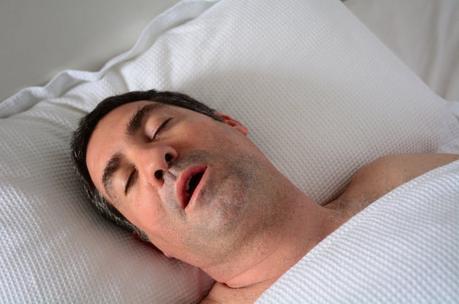
Obstructive sleep apnea happens when your throat muscles and or tongue relax, fall back into your windpipe, which obstructs your breathing- Mayo clinic.
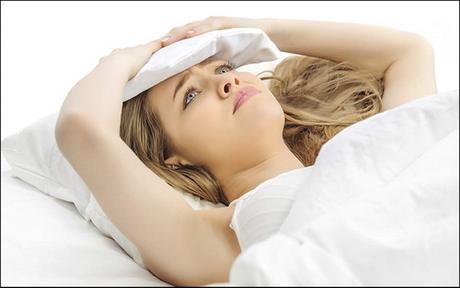
Central sleep apnea comes about when your brain doesn't send proper signals to your chest muscles, consequently affecting your breathing rhythms.
Complex sleep apnea syndrome is a combination of obstructive and central sleep apnea. It's also known as treatment-emergent central sleep apnea.
How Can Sleep Apnea Cause You to Die in Your Sleep?
Estimates from the American Sleep Apnea Association indicate that over 38000 people in the US die each year from heart disease with sleep apnea as a complicating factor. Although the underlying mechanisms that link sleep apnea with heart disease have not been ascertained, links have been found between them. An increase in severity in one has been seen to affect the other directly.
One of the most recent celebrity deaths, Carrie Fisher, has helped raise awareness on the effects of sleep apnea and heart attacks. The celebrated Star Wars actress, aged 60, suffered sleep apnea throughout her last flight, which was considered normal at the moment. Towards the end of her flight, the crew and her assistant found it hard to wake her, and when she awoke, she began vomiting, slumped over, and became unresponsive.
The actress was affected by drug abuse and mental health problems throughout her life, which made her family think would be the cause of her death. However, the coroner's post-mortem report that although there were signs that drug use could have contributed to her death, the significant causes of death were sleep apnea and heart disease.
Drug use, especially alcohol and tobacco, could be a significant contributing factor for developing sleep apnea, and they can also lead to death while you're asleep. One can argue that the body's automatic response causes you to wake up due to insufficient oxygen circulating to your brain could keep you from sleeping at night. This response can also be your downfall in case you are intoxicated.
If you sleep, especially if you've had one too many, sleep apnea can trigger the gag reflex, causing you to vomit and, consequently, choke on your vomit, leading to death, especially if someone is not around to help you.
During a sleep apnea episode, the body exerts a lot of pressure to open the airway and let in some air. The brain is a very delicate organ. When this excess pressure gets to it, combined with the lack of sufficient oxygen, it can rupture some of its organs, leading to stroke.
Patients with a history of stroke are also more at risk of having subsequent strokes, which may be fatal to their health and may even lead to death.
Factors that Increase the Chances of Dying in Your Sleep Due to Sleep Apnea
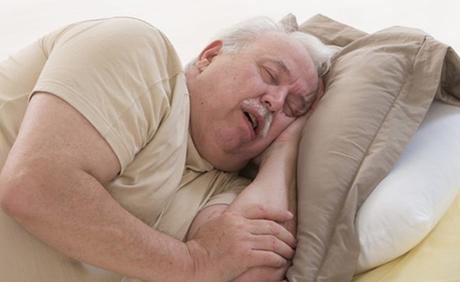
People affected with obesity are more likely to suffer from cases of sleep apnea. Obese people are also more likely to have heart problems. If these factors are combined, they could lead to mortal results. If you are obese and experience sleep apnea cases, the chances of dying in your sleep become higher than the remaining percentage of the population.
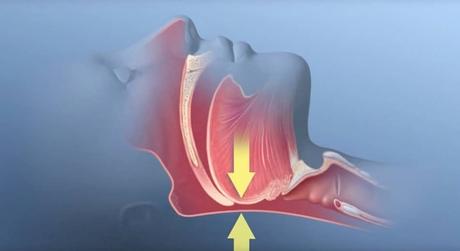
People with thicker neck circumferences are also more likely to suffer cases of sleep apnea. The same goes for people who have a narrow airway because of an inherited trait. Their chances of having and succumbing to this condition become higher than the average population, making them more at risk of dying in their sleep.

People who use alcohol and other drugs such as tobacco, especially when it's smoked, are more at risk of developing sleep apnea and dying from the effects of smoking and drug use such as heart disease. Smoking is one of the contributing factors for heart complications, which makes smokers more at risk.
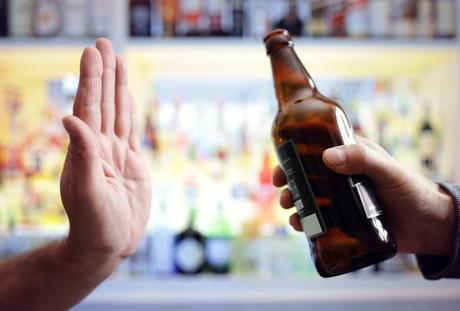
It would be best if you considered quitting alcohol and drug use since they make you more at risk of developing sleep apnea, which might be fatal, primarily when you use these drugs in excess.
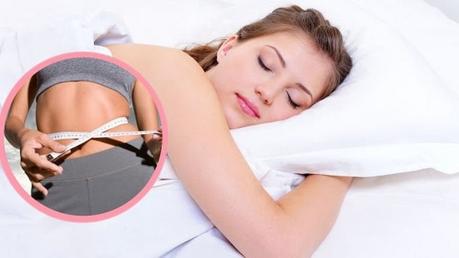
Losing weight reduces your chances of dying from sleep apnea because it makes you fitter and, more importantly, reduces the chances of you developing heart complications. You should do your best to improve your lifestyle and make changes that can keep you healthier and reduce unnecessary risks.
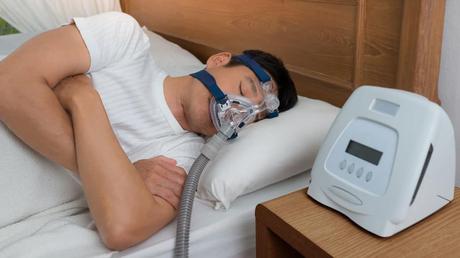
If you have any treatable medical conditions that have been left unchecked, then your chances of dying from sleep apnea multiply tenfold. You should make sure that your sleeping position is accommodating. You should also take all your prescribed medication, especially those meant for heart conditions so that you can reduce the chances of dying in your sleep.
Conclusion
Sleep apnea, by itself, isn't mortal. The resulting complications often arise from other conditions such as alcohol and drug abuse and obesity that contribute to it, making it fatal. If you try your best and solve these complications, the best way you can, then the chances of you succumbing to the condition as you sleep become minimized.
However, you shouldn't treat sleep apnea just because you think it's mortal. It would be best if you treated it because then, you'll get to have good, quality sleep. Get yourself checked by a doctor and have the condition treated because prevention is better than a cure. As always, sleep better, stay healthy.
Read more,

